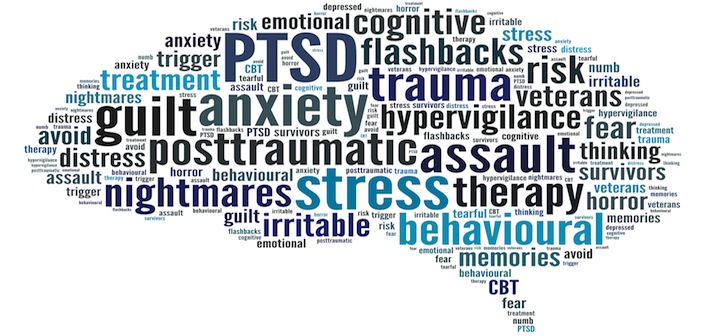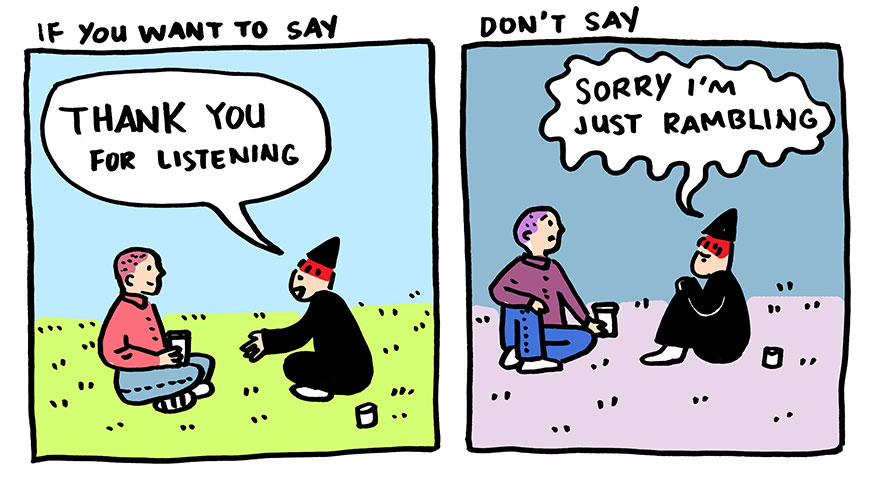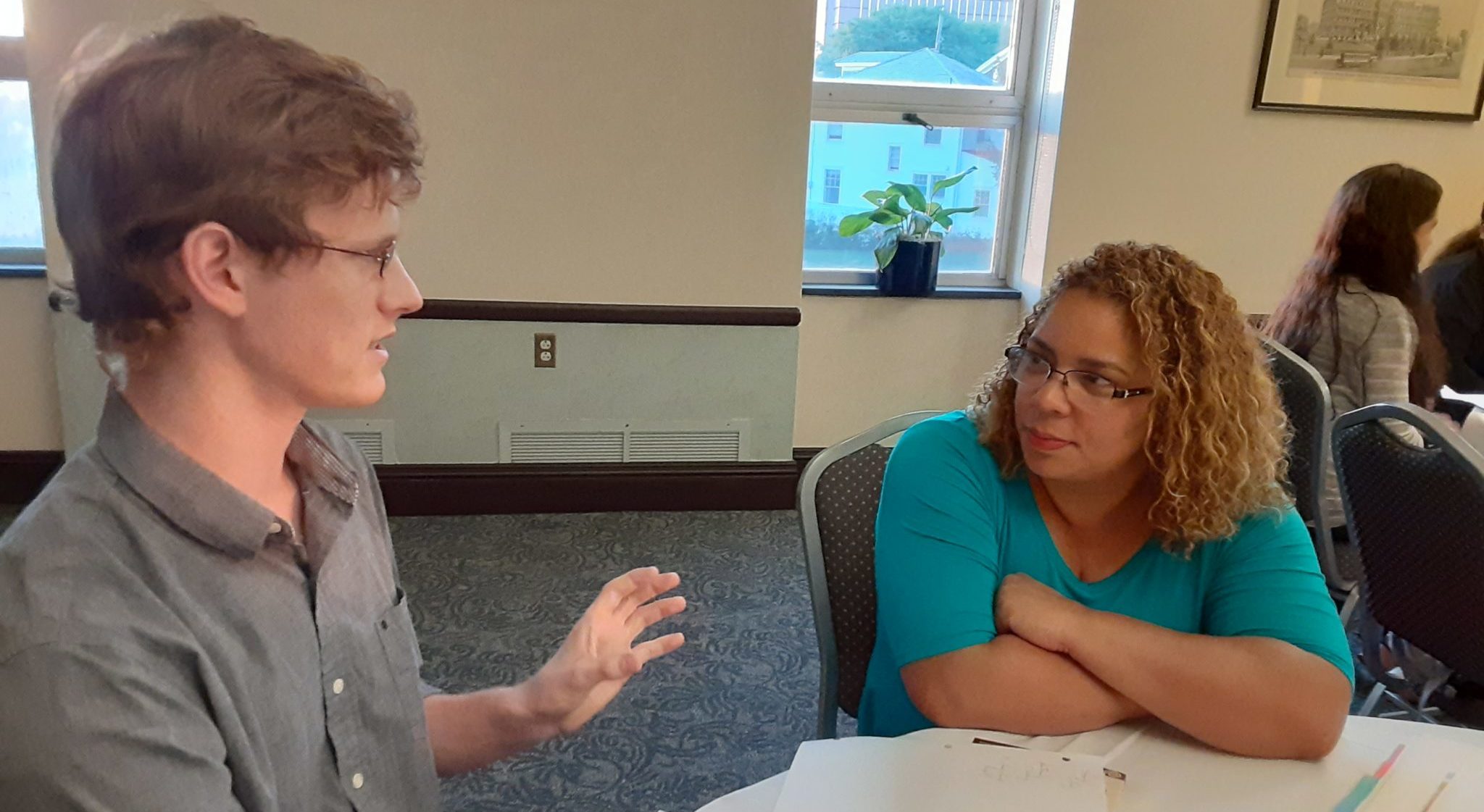Rewiring our Apologies…and Our Brains
by Chris Fitz
We were getting to end of dialogue. The woman who’d been robbed expressed her grace, that she didn’t hold this against the boy in front of her—or his mom. He was 15, with older friends, saw her get out of her car, waited, then jump into it, grabbing her belongings and ran.
Months later, they’re in the same room talking. He’s apologized. He thought she’d ream him out. Instead he’s experiencing her grace. “Every day, my family reminds me of this one thing I did. Now here you are, not judging me. I don’t know what to say.” He stops, as if paralyzed by a cocktail of overwhelming emotions, self-doubt and love.
There’s a pregnant pause. As if holding the hand of a young child, I quietly ask him. “What do you say to someone who is offering you this gift of forgiveness?”

In their 1981 seminal best-seller Getting to Yes, Roger Fisher and William Ury outlined key principles for better negotiation. They suggest people can better get what they want through a dialogue based on deeper interests rather than demands. The principles have endured, but nearly forty years later, we are still learning.
Trauma-informed research is showing how fundamental emotional growth and psychological development are to our well-being, our ability to function as rational adults. Fisher and Ury’s thesis relies on a high-functioning rationalism, a resilient emotional state in which people can feel safe and see a situation with increasing clarity. After the landmark ACES Study by Kaiser Permanente, it’s now clear that a huge portion of the US, especially those living in poverty, people of color and other marginalized groups, can’t as easily get to “yes.” More than 1 in 5 of our neighbors go about their day-to-day in a state of threat, with reduced physical and mental health capacities over the long-term.

In traditional thinking about restorative justice, like the conversation between our youth and the woman he robbed, the goal is an apology. Saying “sorry” makes everything better, right? But try this experiment: think of three situations where someone apologized to you. What did you feel? What did you say?
Over and over in restorative dialogue—and everyday life around me—I see people responding to “I’m sorry” with “it’s no problem.” No problem? Why? Because it’s emotionally burdensome to receive an apology. My experience is that a victim actually feels worse during the apology phase of a dialogue, not better. To ease our own burden (and feeling bad for them), we often minimize an offender’s actions.

“Thank you.”
That’s what the youth said to the woman he robbed. “Thank you for seeing me and not judging me.” With that, the conversation changed completely. No longer lost in childish self-pity, he was finding his own words, his own power, his own clear view of the woman who met him half-way. And in that moment, the victim was also being seen, recognized, appreciated, perhaps de-victimized. The conversation quickly shifted to making things right, creating an agreement, and “yes” came quickly.
At Advoz, we’ve heard incredibly positive feedback on “getting to thank you.” In a recent restorative dialogue, a remorseful but threatened offender was asked “what he appreciated” and began recognizing the value of others in the room – and not dwelling on his negative self-worth. It also gave victims more closure to focus on what they were thankful for, rather than the harm done. We’ve gone so far as to amend our Apology Letter Handout for court-referred offenders to include getting to ‘thank you.’

Neuroscience suggests that getting to ‘thank you’ is rewiring our brains to actually release trauma and build resilience. It doesn’t negate the need for an apology, but builds on it, taking the right kind of responsibility, and shifting apology to empowerment. Because with empowerment, “yes” is an easy step to take.
Anatomy of a transformative “Thank You”*
Try these “thank you’s” at home or work with a spouse, family member, child or friend, and let us know the results in the comment section below.
“<What you did> made me feel <this way>.”
“You showing up today made me feel hopeful.”
“Your choice of words was careful and made me feel respected.”
“Just bringing up this difficult topic makes me feel uncomfortable but also hopeful that we can work it out.”
* Adapted from Marshall Rosenberg’s Nonviolence Communication.

Chris Fitz is Director of Strategic Initiatives at Advoz








